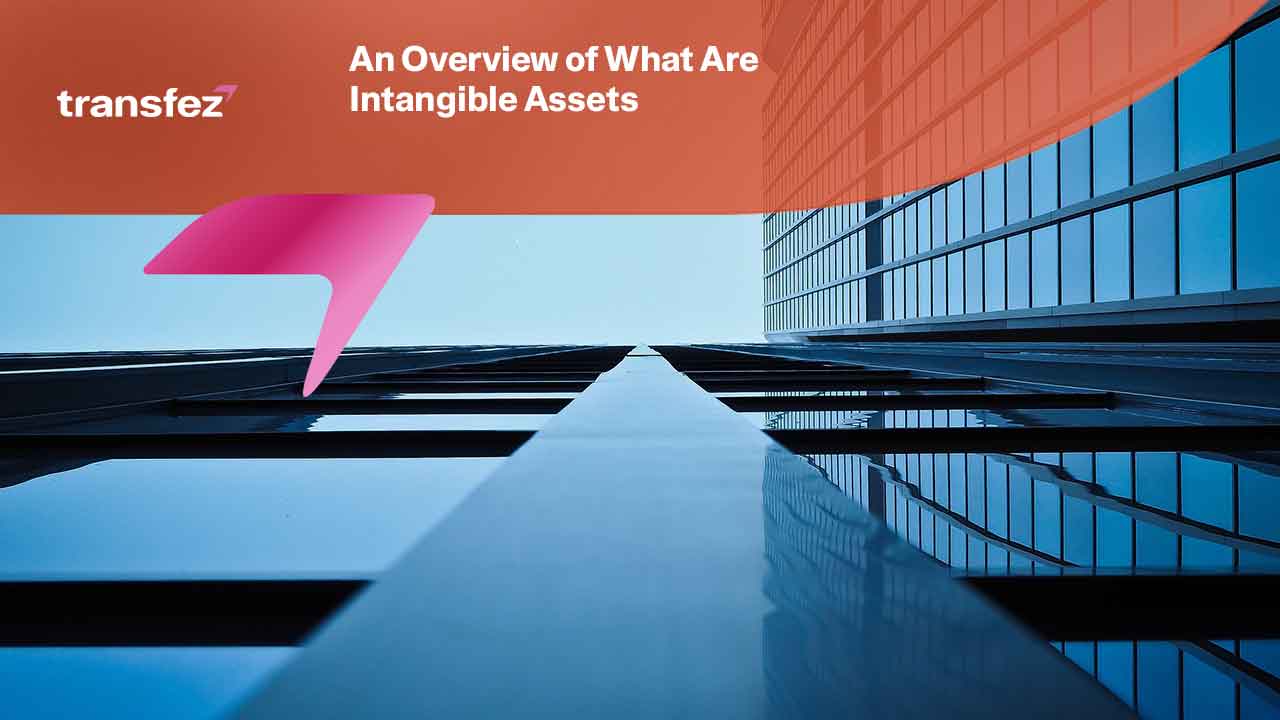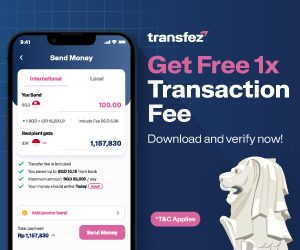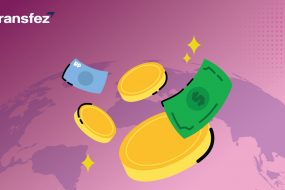
Resources that a firm owns and have economic or financial worth are called assets. While a company’s net worth may be established by deducting the value of its liabilities from the value of its assets, to ascertain a company’s fair market value, you must comprehend intangible assets. But not all business owners are aware of what are intangible assets. Including types of these assets and how to manage the assets well.
Physical assets, like land and inventories, are different from intangible assets they have long-term worth. This article will define what are intangible assets. The information below will describe the many kinds of intangible assets, describe how they vary from physical assets, and provide information on how to value these assets.
Description of What Are Intangible Assets
There are two types of intangible assets, the first is definite, and the second is indefinite. Because it remains with a firm for as long as it is in business, a brand name is seen as an everlasting intangible asset. An agreement to legally use another company’s patent without plans to extend it is an example of an intangible asset. As a result, the agreement has a defined lifespan and is categorized as a specific asset.
Another description on what are intangible assets is a resource that has no physical presence but still has long-term financial value to a company or business. Intangible assets are intellectual property owned by a company that can be used to generate value for the business over time.
You can determine that an asset has long-term financial value if you expect its value to last at least a year or more. Even if you can’t physically see or touch an intangible asset, it can still have a significant impact on business value. For example, a well-known brand is an intangible asset that can increase a company’s net worth by increasing the reach of the target audience and increasing sales.

Understanding What Are Intangible Assets Characteristics
To be able to determine what are intangible assets, you have to introduce their characteristics. There are several specific characteristics that you can see from this asset. Some of the characteristics as mentioned in the following.
Can Be Identified
An intangible asset is considered identifiable if it can be separated. It means that you can segregate intangible assets and sell, transfer, license, rent, or exchange those assets. As such, you can do this either individually or together with related contracts.
Read also: Important Steps on How to Get Business License
Intangible Assets Are Controllable
You control an asset if you hold the power to receive future economic benefits from that particular asset. Also, you restrict access to those economic benefits to others. Further, your control over the future return of the intangible asset comes from legal rights. These rights can be enforced in Courts. However, legal enforcement of your rights does not necessarily give you control over those assets.
See Video How To Easily Send Money International with Transfez

Able to Generate Future Economic Benefits
When we discussing on what are intangible assets, it means that we talking about an asset that can provide future economic benefits for your business in several ways. It may include income from the sale of goods and services, cost savings, or other benefits arising from assets.
Types of Intangible Assets
Currently, several types of common intangible assets belong to most companies. For those who want to understand what are intangible assets, the following are the types of these assets.
Goodwill
The difference between a company’s acquisition price and the fair value of its assets, net of liabilities, is known as goodwill in accounting.
Government Grant
Government grants are yet another category of intangible assets. Governments at all levels may decide to give financial support to businesses that carry out specific activities for different reasons. Either the net technique or gross method is used to account for grants.
Send Money Easily to Different Countries
How to Send Money to Hong kong
How to Send Money to China
How to Send Money to Malaysia
How to Send Money to Japan
Valuing Intangible Assets
The last thing most business owners are interested to know about related with what are intangible assets is how to value the assets. Some business owners are still difficult to divide and value their assets accordingly. Therefore, it is necessary to get an overview of how to value the assets.
Intangible assets can be produced or purchased by businesses. For instance, a company may establish a patent or compile a customer mailing list. A company can deduct the expenditures associated with the creation of an intangible asset. It is including the cost of submitting a patent application, engaging legal counsel, and other associated expenses.
Additionally, all costs incurred in producing the intangible asset are expensed. However, a company’s intangible assets do not show up on the balance sheet and do not have a documented book value. As a result, the acquisition price is frequently more than the assets book value on the balance sheet. The premium paid is listed as an intangible asset on the balance sheet of the acquiring business.
Download Transfez App
Transfez App can help you transfer money abroad more quickly and efficiently. Transfez Business can also help your business in making transactions abroad. For those of you who want to send money to relatives who are abroad because they are studying, working, or traveling, Transfez will be ready to help. This app is available on Android as well as iOS.
Those are all the information and brief about what are intangible assets. The explanation above about the definition, characteristics, and type, will give brighter information on intangible assets. So that a business owner can easily define which of their assets is described as an intangible asset.











Recent Comments